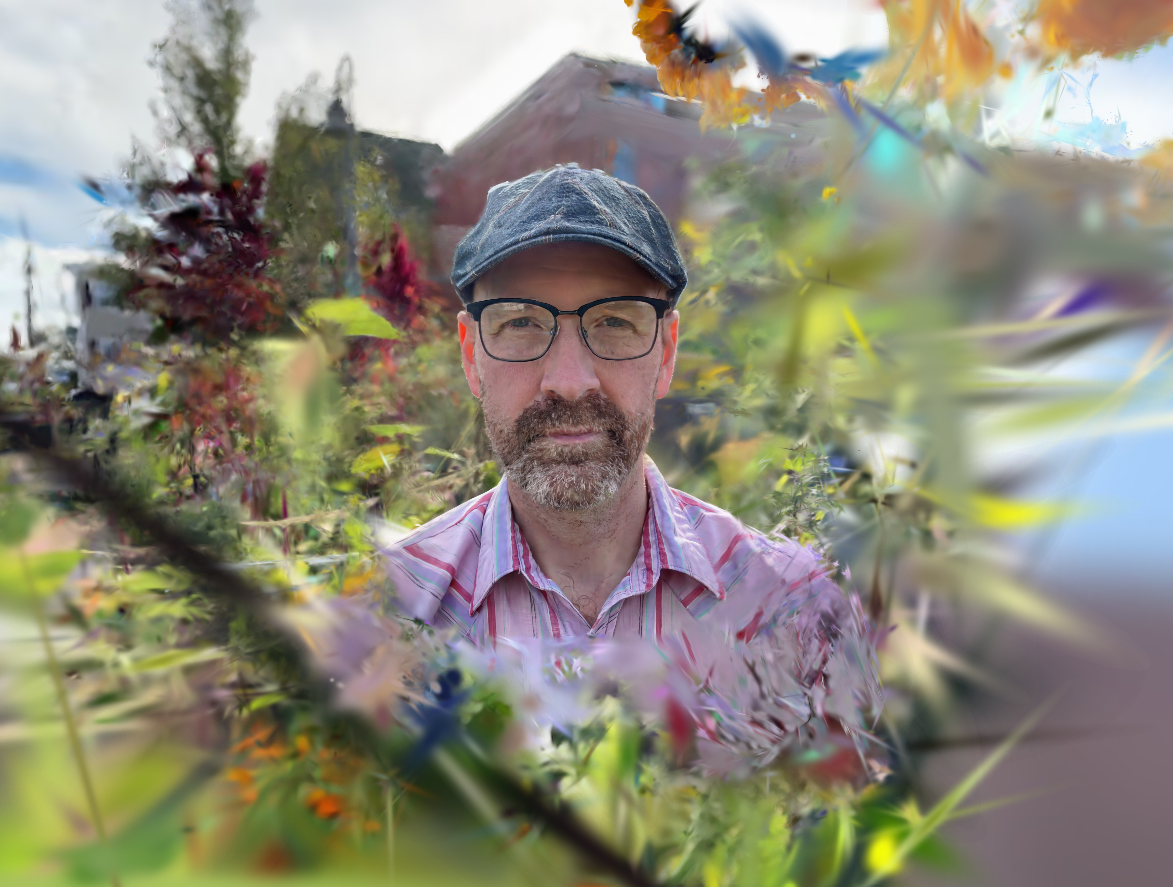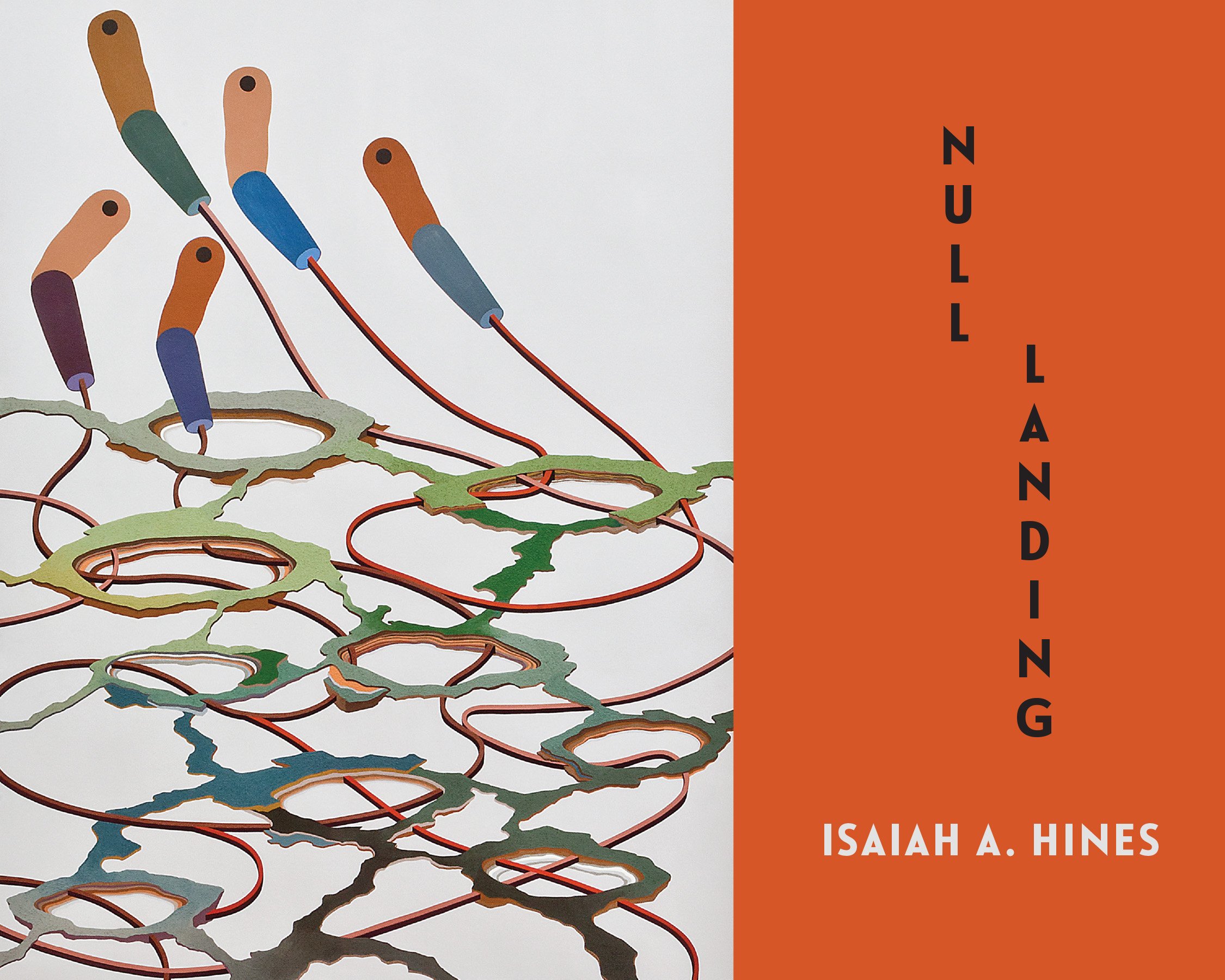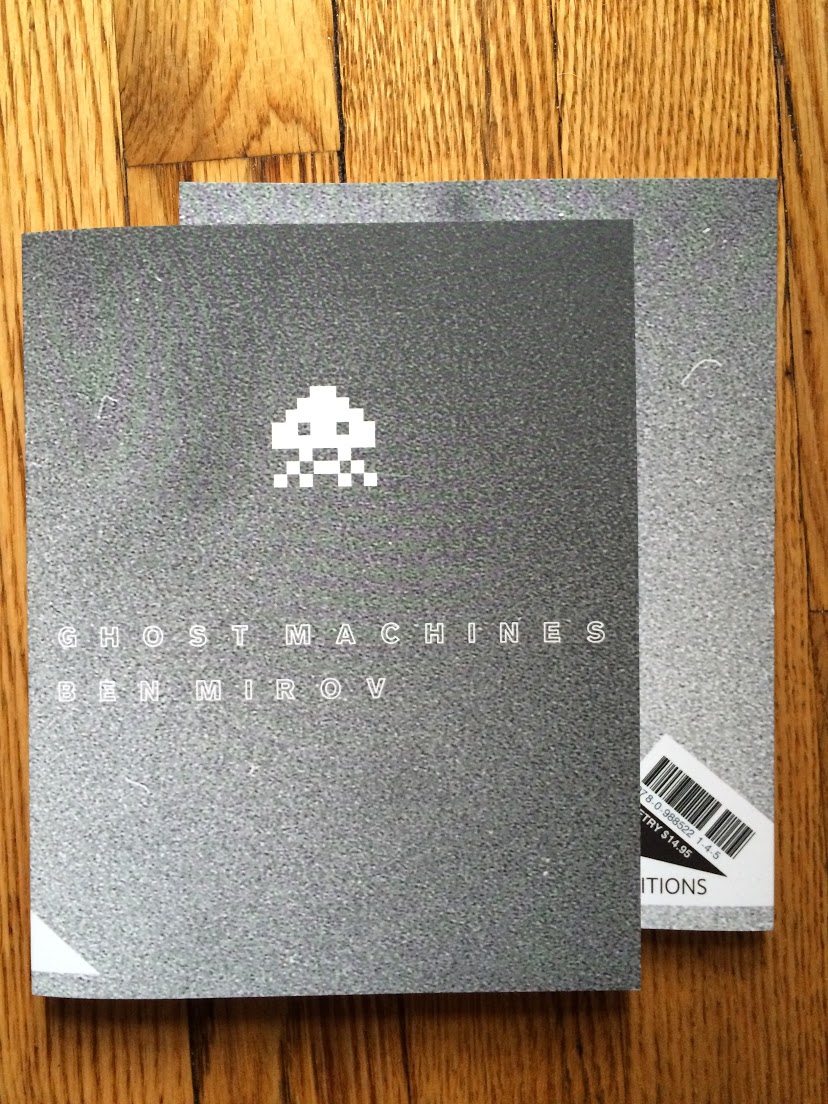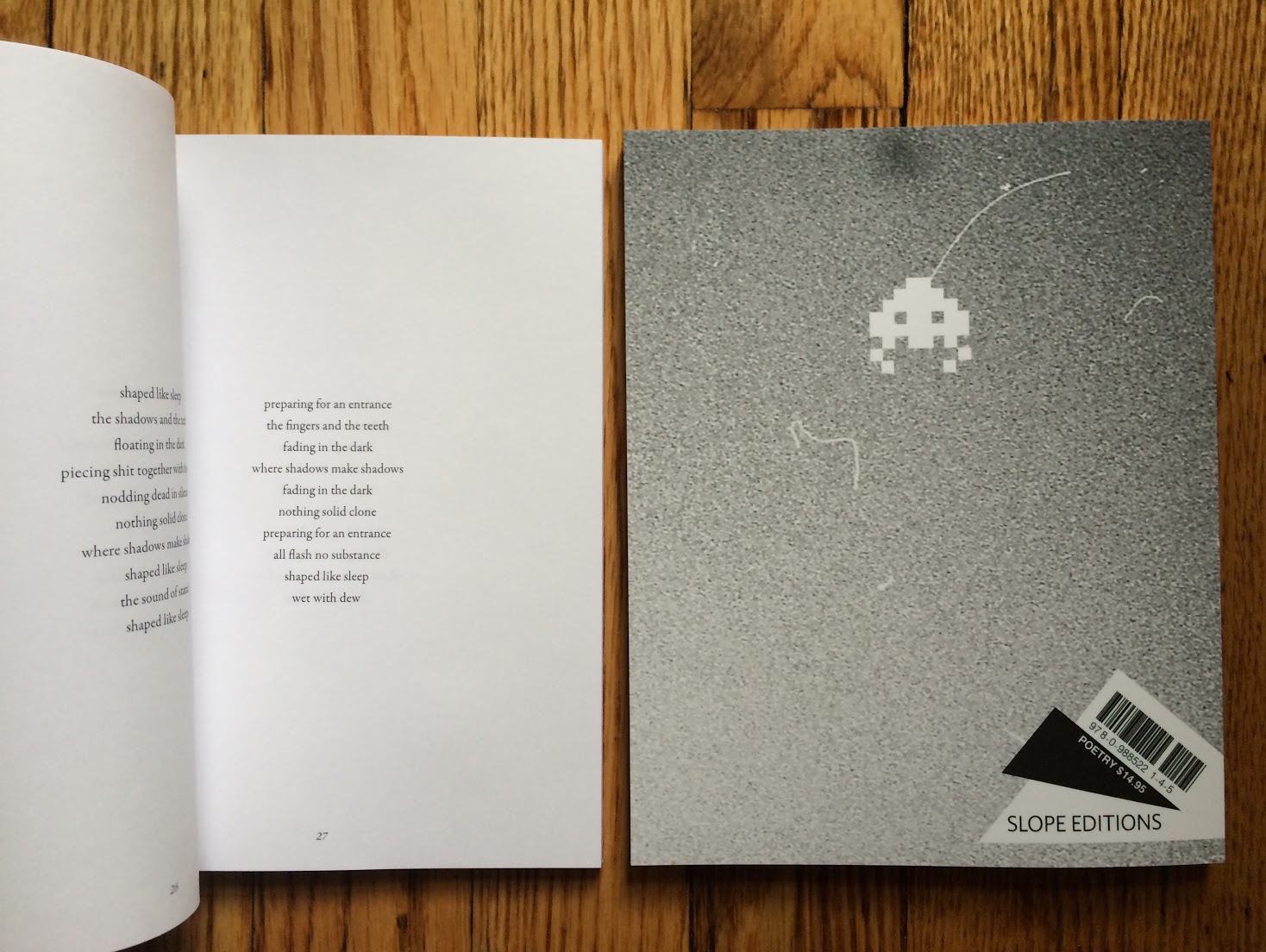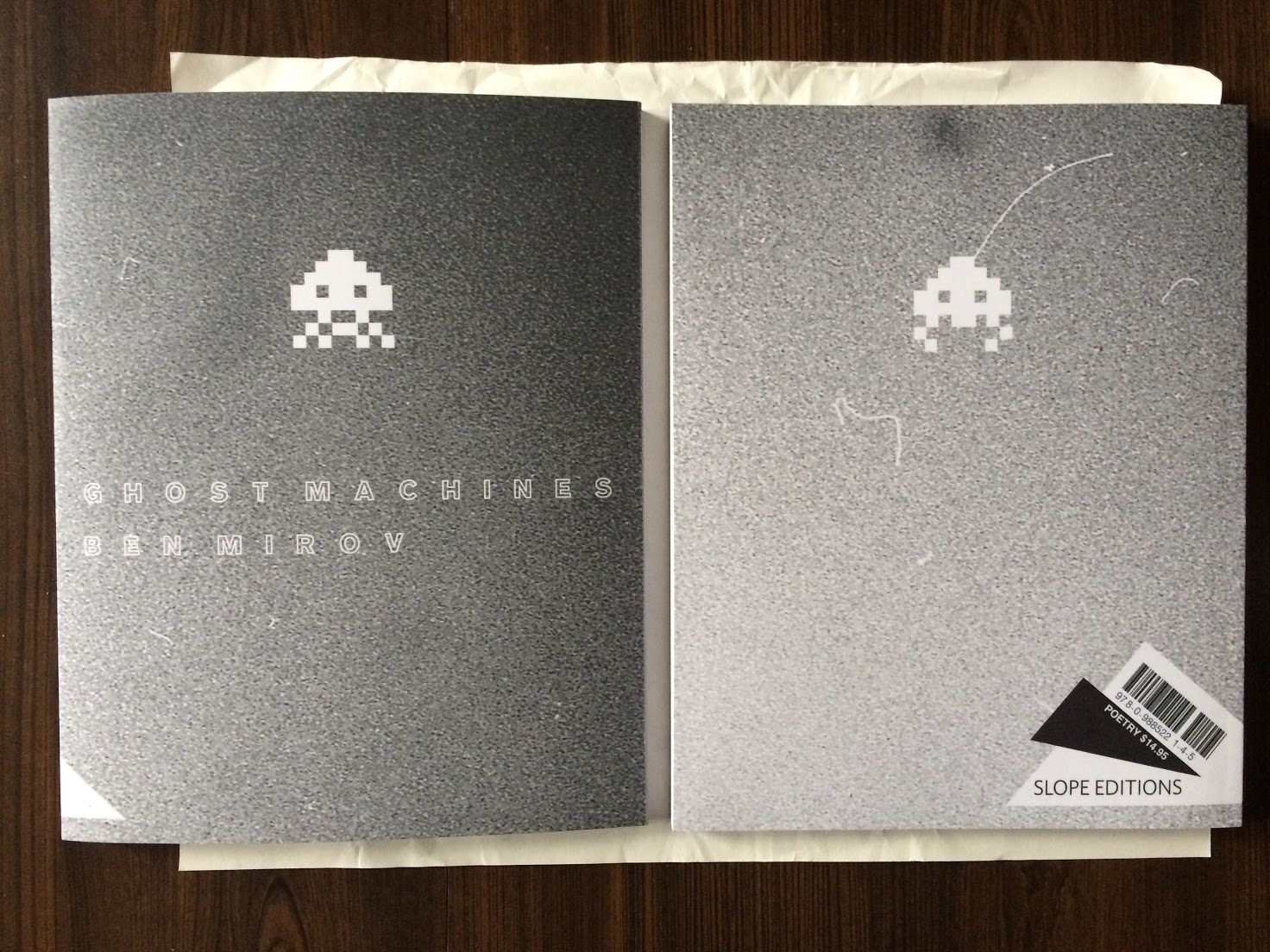Allow us to shine some light on our own incredibly talented finalists for our 18th Annual Book Prize. While we can only publish one book (Stephanie Cawley’s My Heart But Not My Heart, to be released in Spring 2020—see our announcement here), we’d like to briefly celebrate the following finalist manuscripts, each of which had a profound impact on us this year. Thank you to everyone who submitted—without you, we’re nothing. We appreciate your support, and we wish we had the capacity to blurb every single manuscript that we are entrusted with.
Blurbing our finalists was inspired by Tarpaulin Sky—we admired how they honored their authors in their Shortlist for the 2019 Tarpaulin Sky Book Awards. We are always looking for ways to uplift the works we receive, and we hope all small presses can join us in giving back to the authors who support our existence.
108 Olivia by Maria Flaccavento
This is a collection to and for Olivia Benson—to and for all the Olivias in our lives, at times protecting us, at times holding our hair back. This is Maria Flaccavento’s urgent response to the violence of patriarchal systems, and is violence in turn. 108 Olivia is the future, both magical and savage. We were delighted to experience both the rawness and the talent espoused in this wonderful work.
Esau by Dan Rosenberg
Esau is like reading the Bible (or the Book of the Dead) through the gauze-like softness of a kitchen curtain. Reading Esau is like reading a river. Dan Rosenberg takes a deft eye, ceaseless in its noticing, to the mundane alienation of life. He then imbues these observations with a sense of the trembling holy, both angelic and terrible. In fact, reading Esau is a giving of yourself over to rapture and to cataloging what’s left in its wake.
Unbelievable Floridas by John Whalen
What is an unbelievable Florida? The headlines coming out of the swamp-soaked state, both comedic and heartbreaking in turn, seem to suggest nothing is unbelievable there. Until Rimbaud is birthed, kicking and scared, into its tropical storms and palm-lined sprawl. John Whalen’s collection follows Rimbaud from a childhood spent lighting fires to an adulthood spent running from them. The phrase fever dream holds hands with this writing. John Whalen creates something truly unbelievable in the most unlikely of places.
Arizona SB 1070: An Act by Ryan Clark
Ryan Clark does something incredibly important in his homophonic translation of the SB 1070—Arizona’s infamous anti-immigration bill. He takes the political and legal language present and recontextualizes it as a damning indictment against the state. Clark turns language from a weapon against those disenfranchised to a weapon against the powers that be. Arizona SB 1070 isn’t a piece of resistance writing, it transcends these popular tropes to be something more necessary, more urgent.
Girl Country by Ansley Moon
Girl Country is an impassioned cry of outrage with distinct but connected narratives. Numb acceptance, the refusal of pity, cold truths, hard facts, intentional discomfort—what does it mean to study abandonment? Ansley Moon enfolds a remarkable talent that explores the deepest symptoms of personhood. Soft but powerful, the country painted here is a dangerous one to walk in.
Once, Eternal by Lena Tuffaha
Once, Eternal has enchanting poetry that both exposes and complicates the dichotomy between the willowy softness of poetry and the inherent violence of translation. Often bucolic, Once, Eternal hides a subtle blade beneath melodic wording and artful social commentary. It is not the kind of piece to take lightly: it is a lullaby for an open wound.
Projectionist by Kristen Steenbeeke
We understand that technology has now become part of our life, but to what degree? Projectionist asks over and over about form and function—what is our new form as a personality interlinked with technology? What function does technology serve? What constitutes nature? Artfully contemplating the form and function of poetry itself, Projectionist is a beautiful self-aware reflection of survival in the modern world.
V by Carolyn Guinzio
Melancholy inhabits every line of skillfully rendered prose-poetry in the achingly sweet V. As much a window into another life as a swan song to accompany a glorious dance, V allows every page to be a miniature painting of a single person's interiority. We not only grow fond of V, we also begin to see her in our own futures, or to recognize her on the street. Lonely, sorrowful, but full of love, V is a triumph of art.
BEDIEVAL by Ellen Boyette
BEDIEVAL stretches across the ages—peahens, cell phones, pyres, epidurals, salt lamps, cauldrons, tubes of lipstick, historical torture… objects swirl in a surreal, timeless detritus to investigate the conditions of the female body, to ask how our agency begins and ends. What language do we need to identify ourselves against our illnesses? Ellen Boyette’s BEDIEVAL tinkers, thinks, and maintains poetry about and for the body’s recovery—and we’re left breathless from its imagination and scope.
Untitled (White Combine with Arcana) by Trevor Ketner
One moment in Trevor Ketner’s manuscript sings for the rest of their collection: “It’s the moving that makes one wise.” Untitled (White Combine with Arcana) spans from coast to desert to “a lake called Eden,” through lovers’ minds, from Robert Rauschenberg paintings in MoMA to Rauschenberg himself. This work’s travels, visions, somatic demands, and fragments all converge on queerness, erasure, and of whiteness being neither “blank nor is it pure”—and Slope is grateful that we bore witness to Ketner’s assembling eye.
